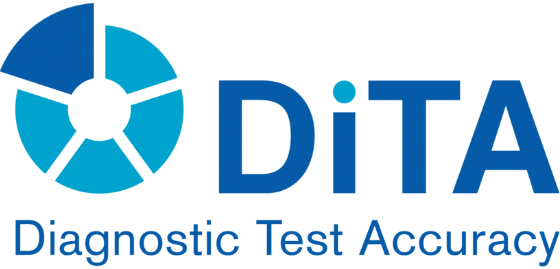Use the Back button in your browser to see the other results of your search or to select another record.
Psoriatic arthritis screening: a systematic literature review and experts' recommendations
Urruticoechea-Arana A, Benavent D, Leon F, Almodovar R, Belinchon I, de la Cueva P, Fernandez-Carballido C, Loza E, Gratacos J, Cribado Working Group
PLoS ONE 2021 Mar;16(3):e0248571
systematic review
OBJECTIVE: To analyze the performance of psoriatic arthritis (PsA) screening tools, examine their implementation in daily practice, and reach a consensus about the best screening tool for implementation in daily practice in different medical settings. METHODS: A systematic literature review (SLR), structured telephone interviews to hospitals, and a multidisciplinary nominal group meeting were all conducted. The SLR employed sensitive search strategies using Medline, Embase, and the Cochrane Library up to January 2020. Two reviewers independently selected articles that reported data on PsA screening tools and that included sufficient data to at least calculate the sensitivity and specificity of those tools (eg, questionnaires, algorithms, specific questions, and biomarkers). The hospital interviews collected data regarding the process of suspected PsA diagnosis and referral to rheumatology, the implementation of PsA screening tools, and barriers and facilitators to implementation of those tools. In the nominal group meeting, a multidisciplinary team of experts discussed all these data and subsequently recommended a screening tool for implementation. RESULTS: The SLR included 41 moderate-quality studies that analyzed 14 PsA screening tools, most of which were questionnaire-based tools. All of these studies reported a moderate-good performance but presented different characteristics regarding the time to completion or the number and type of items or questions. The implementation of screening tools was low (30.5%). The experts ultimately recommended regular use of a PsA screening tool, preferably the PURE-4 questionnaire. CONCLUSIONS: The implementation of PsA screening tools like the PURE-4 questionnaire in daily practice likely improves the prognosis of PsA patients.
Full text (sometimes free) may be available at these link(s): ![]() help
help


